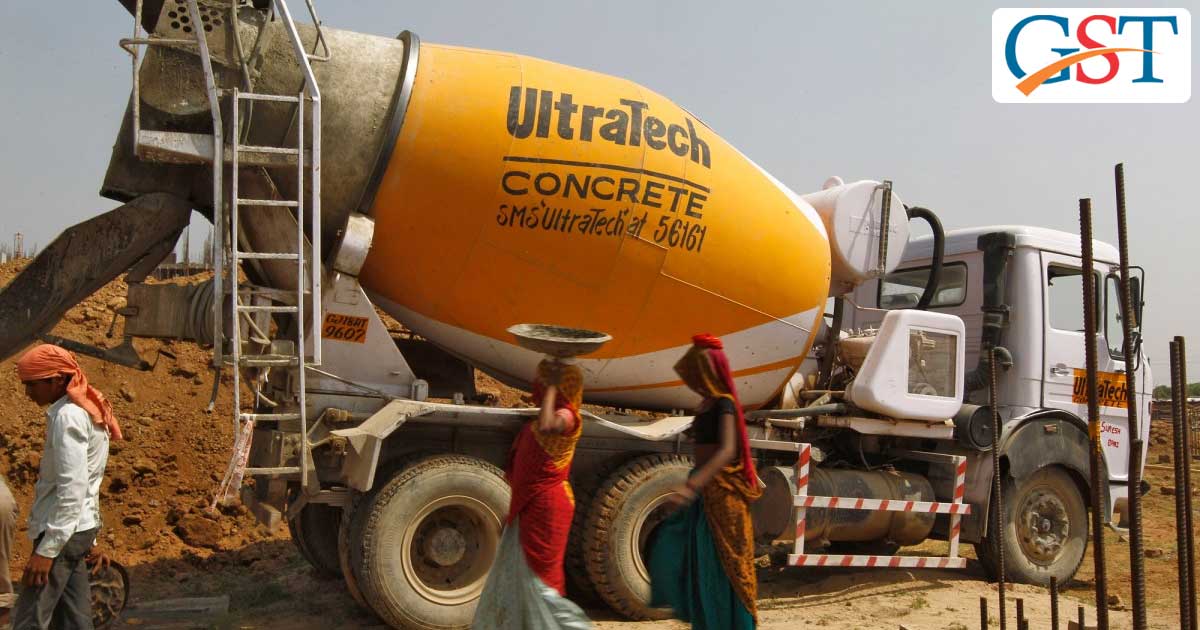
In order to transport goods from the industry to a location of a customer, the makers used to utilize services provided by GTA (Goods Transport Agencies) and they were liable to pay service tax before GST comes into effect. On a reverse charge basis, the service tax was subject to tax on 25% of the freight value. Here, the manufacturer was liable to pay the tax instead of the transport agency paying it and the input tax credit was available in the tax amount paid by the manufacturer. Input credit stands for the tax paid by the manufacturer on the output minus the limit of tax paid on input supplies.
As explained by the Badri Narayanan, a partner at a law firm, let’s assume the freight value of the goods is Rs 100, so the accessible value will be Rs. 25 and tax of Rs. 25 will be 10% i.e. Rs. 2.50. This Rs. 2.50 is paid by the manufacturer on a reverse-charge basis. This value goes high based on the value of applicable service tax. Here, Rs. 2.5 is an input paid by manufacturers and the main concern was that this input services rendered by the GTA are subject to consider as a credit to a manufacturer or not.
He said, “Many manufacturers ended up delivering goods to customers’ premises and also bear the risk of loss during this period of delivery. So, they used to include the value of freight in the assessable value for payment of excise duty.”
He further said, “Since freight was included in the value of excise duty paid, manufacturers took a view since I have included the freight in the value of a payment of my excise outward duty, I will avail credit of this GTA service received by me.”
Tax Department Inclusion
The tax department has called up this understanding of tax in UltraTech Cement Ltd. case. In 2010, regarding tax paid on ‘outward transportation of goods through a transport agency’, the manufacturer had taken credit when it transported the goods from premises to the customer premises. The commissioner of central excise, Bangalore generated a notice to showcase and levied Rs 26 lakh as a penalty under the central excise rules. By going against the decision, the manufacturer won the battle in the Karnataka High Court and the Customs, Excise, and Service Tax Appellate Tribunal.
Read Also: Construction Equipment Sales Rises Due Slashed GST Tax Rates
Pratik Jain, partner and national leader of indirect tax at PwC India, said, “The high court had relied on a circular which was issued by the government, and that circular said if a manufacturer is responsible to deliver goods to a customer’s place and if they’re carrying the risk of damage till the goods are delivered and if the price they’re charging includes freight component, in those circumstances you will continue to get credit.”
In March 2008, an amendment came, suggesting the credit on clearance of finished product can be taken up to the place expulsion and this revision in the definition made the tax department to win against UltraTech in the supreme court.
Jain mentioned that the circular was generated by the tax department was relevant to the law pre-April 2008 but the high court did not create the separation and kept that credit can be claimed even crossing April 2008.
After the Supreme court notice, the Central Board of Indirect Taxes and Customs made an internal note which has been accessed by BloombergQuint. The note mentions that the taxpayer in India wouldn’t take this credit which is now required to be reversed. If the companies have taken this credit in GST regime, this will also require reversing.
Recommended: Impact of Goods and Services Tax on Real Estate Sector in India
Although the UltraTech Cement has lodged a review petition in front of the Supreme Court asking for some clarifications, the tax department appears quite firm to go for other manufacturing industries.








